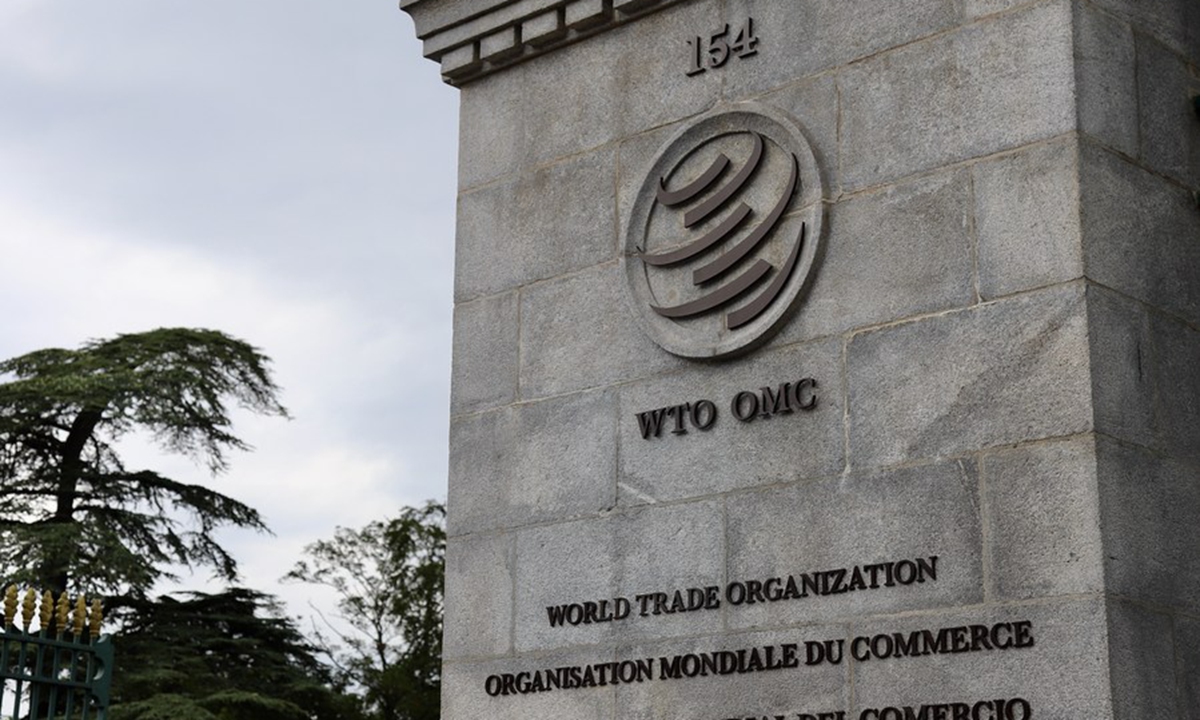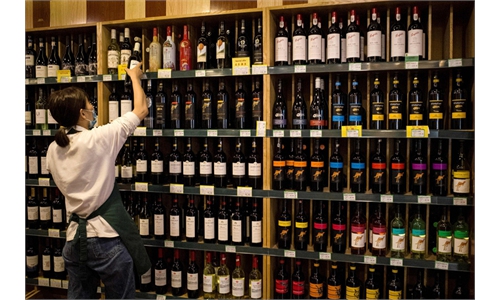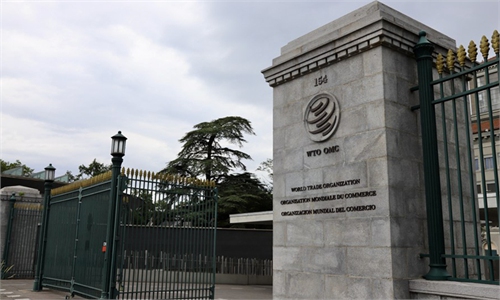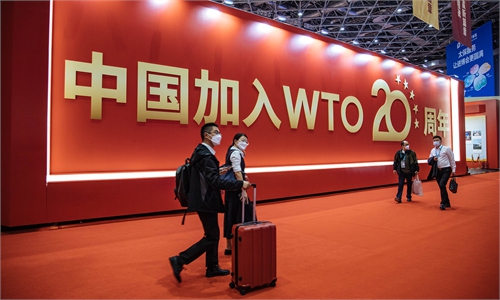WTO comes closer to ending overfishing
Chief Okonjo-Iweala hails ‘important step’ toward reaching elusive deal

Photo taken on July 15, 2020 shows an exterior view of the World Trade Organization (WTO) headquarters in Geneva, Switzerland. (Photo by Li Ye/Xinhua)
The World Trade Organization (WTO) chief said on Monday significant progress had been made toward a long-elusive agreement to end subsidies that reward overfishing, as negotiators scramble to clinch a deal within weeks."Time is short and I believe that this text reflects a very important step toward a final outcome," Ngozi Okonjo-Iweala, who took the reins of the global trade body in March, said in a statement.
Her comment came after Colombian Ambassador Santiago Wills, who chairs the WTO fisheries subsidies negotiations, presented a revised negotiating text following intense talks.
He said trade diplomats would begin poring over the latest version "clause by clause" on Tuesday, in a bid to smooth out any wrinkles before ministers gather for a high-level meeting at the end of November, at which they hope to clinch a deal.
For the past two decades, WTO member states have been discussing the need for a deal banning subsidies that contribute to illegal and unregulated fishing, as well as to overfishing that threatens the sustainability of fish stocks.
While fishing should in theory be held in check by the environment, with low fish stocks pushing up costs, subsidies can keep unprofitable fleets at sea.
Global fisheries subsidies are estimated at between $14 billion and $54 billion a year, according to the WTO.
It is widely agreed that action is needed to protect a crucial resource that millions of people depend on for their livelihoods. But more than 20 years of negotiations have stumbled over a range of issues, and members failed to meet the latest UN deadline to reach an agreement by December 2020.
Momentum toward a deal has meanwhile been building. Okonjo-Iweala has made reaching a fisheries agreement by the end of 2021 a priority, and is under increasing pressure to deliver.
Among the changes made to the latest text was a tentative broadening of the wording to include banning forced labor on fishing vessels, as proposed by Washington.
US Trade Representative Katherine Tai argued before journalists in Geneva recently that forced labor belonged in the agreement because it not only has dire consequences for the livelihoods of workers, "but also operates as a subsidy, as an incentive to overfishing."
But its inclusion remains controversial, and Wills said the addition was currently "in brackets," meaning further negotiation was needed.
Other revisions to the text have to do with a UN demand that developing countries and the poorest nations receive so-called special and differential treatment, or SDT.
Wills said the latest version of the text "takes a big step" towards accommodating demands from the least developed and low-income developing countries seeking an exemption from the subsidy bans.
AFP



